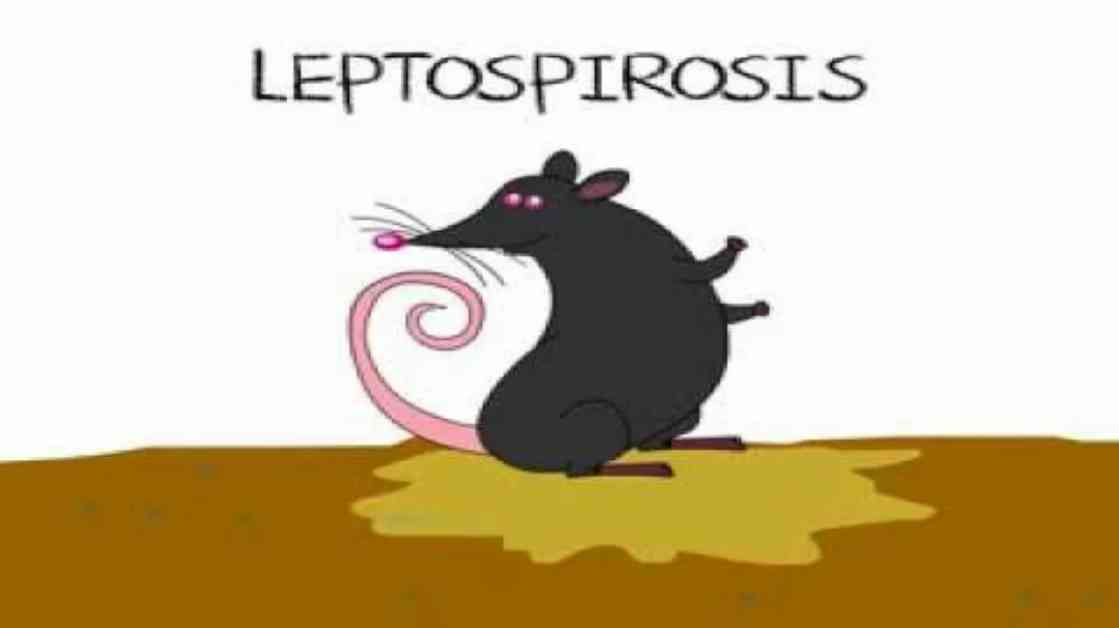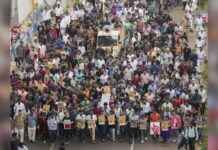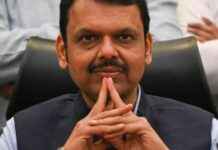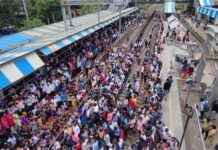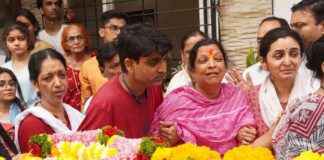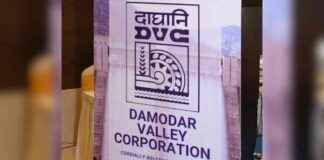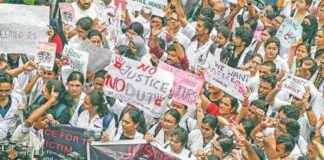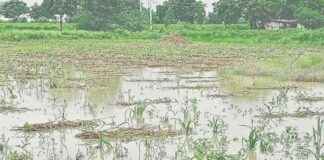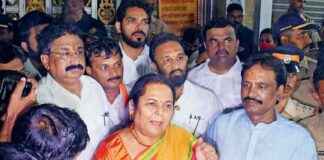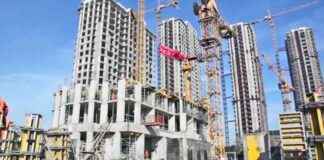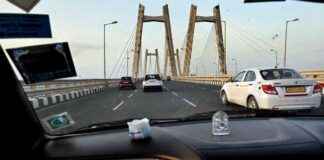Monsoon Health Crisis in Mumbai: Surge in Dengue, Chikungunya, and Leptospirosis Cases
The monsoon season in Mumbai has brought with it a concerning rise in cases of dengue, chikungunya, leptospirosis, and other monsoon-related illnesses. The Brihanmumbai Municipal Corporation (BMC) has reported a significant spike in the number of cases this month, compared to the previous months of June and July. According to the latest data released by the civic body, the number of dengue cases has seen a sharp increase, with 555 cases recorded between August 1-14, compared to 535 cases in July and only 93 cases in June. Similarly, chikungunya cases have tripled from 25 in July to 84 in August, while cases of malaria have also surged from 25 daily cases in July to 40 daily cases in August.
Impact of Monsoon Diseases on Mumbai Residents
The surge in monsoon-related illnesses such as dengue, chikungunya, leptospirosis, and malaria has had a significant impact on the residents of Mumbai. With the city’s healthcare system already under strain due to the COVID-19 pandemic, the rise in cases of these vector-borne diseases has further exacerbated the situation. Hospitals and healthcare facilities are struggling to cope with the influx of patients suffering from these illnesses, leading to overcrowding and delays in treatment. The increase in cases has also raised concerns about the city’s preparedness to handle multiple health crises simultaneously.
Challenges Faced by Healthcare Workers in Mumbai
Healthcare workers in Mumbai are facing immense challenges in dealing with the surge in monsoon-related illnesses. The increased workload and demand for medical attention have put a strain on the already overburdened healthcare system. Frontline workers, including doctors, nurses, and support staff, are working tirelessly to provide care to patients affected by dengue, chikungunya, leptospirosis, and other monsoon diseases. However, the lack of resources, including hospital beds, medical supplies, and personnel, has made it difficult to meet the growing healthcare needs of the population.
The spike in cases of monsoon-related illnesses has highlighted the urgent need for improved healthcare infrastructure and resources in Mumbai. The city’s hospitals and healthcare facilities are overwhelmed by the influx of patients, and there is a pressing need for additional support from the government and other stakeholders. Efforts must be made to strengthen the healthcare system, increase capacity, and ensure that healthcare workers have the necessary resources to effectively manage the current health crisis.
Preventive Measures and Public Health Awareness
In light of the surge in cases of dengue, chikungunya, leptospirosis, and other monsoon-related illnesses, it is crucial for the residents of Mumbai to take preventive measures to protect themselves and their families. The BMC has been conducting awareness campaigns to educate the public about the importance of maintaining cleanliness, avoiding stagnant water, and seeking timely medical attention in case of symptoms related to these diseases. Community participation is essential in preventing the spread of vector-borne diseases, and residents are encouraged to take proactive steps to eliminate mosquito breeding sites and reduce the risk of infection.
Additionally, the BMC has been working to enhance its vector control measures to curb the spread of dengue, chikungunya, and other mosquito-borne diseases. Fogging, larviciding, and other mosquito control activities are being carried out in high-risk areas to reduce the mosquito population and prevent further transmission of these illnesses. The cooperation of residents in supporting these efforts is crucial in effectively combating the spread of monsoon-related diseases and protecting public health.
Outlook for the Monsoon Health Crisis in Mumbai
Health experts are closely monitoring the situation and expect to see a reduction in cases of dengue, chikungunya, leptospirosis, and other monsoon-related illnesses by the mid or end of September. However, the possibility of a further spike in cases if the rain continues remains a concern. With the monsoon season expected to last until October, there is a need for continued vigilance and proactive measures to prevent the spread of these diseases.
The current health crisis in Mumbai underscores the importance of investing in public health infrastructure, strengthening healthcare systems, and promoting community engagement in disease prevention and control. By working together and taking proactive steps to mitigate the impact of monsoon-related illnesses, residents of Mumbai can help protect themselves and their communities from the health risks associated with the rainy season.
